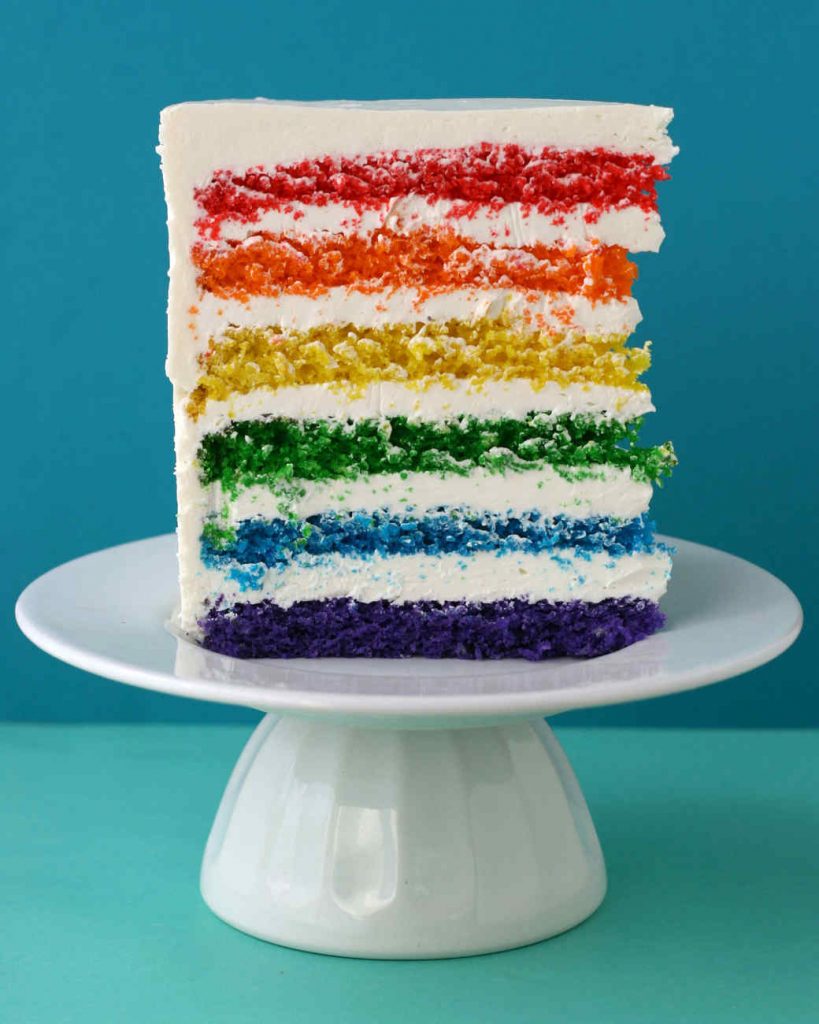The Presiding Bishop of the Episcopal Church has joined an Amicus Brief in support of the Colorado Civil Rights Commission in a case which involves the owner of a bakery who refused to bake a cake for a wedding reception celebrating a same-sex marriage, an action which the Colorado Civil Rights Commission argues was unlawfully discriminatory.
From the Office of Public Affairs:
In his capacity as Presiding Bishop and in exercising his responsibility to speak on behalf of the Episcopal Church and to “speak God’s word to the church and the world” (Canon I.2.4(a)(2)), Presiding Bishop Curry joined the leaders of the Evangelical Lutheran Church in America (ELCA), the General Synod of the United Church of Christ, the Baptist Joint Committee for Religious Liberty, and the Chicago Theological Seminary (UCC) in signing the Amicus Brief. As the Brief notes, the denominations represented by this group “hold differing views regarding the religious implications of same-sex marriage.”
The major points presented in the Amicus Brief are:
- Laws like the Colorado statute at issue which prohibit discrimination by businesses operating in the public marketplace – “public accommodations laws” — protect religious liberty by prohibiting discrimination based on religion while also exempting religious institutions from their application, so that houses of worship may exercise religion freely within their walls.
- Such laws also further religious values by protecting human dignity, by guarding minority groups from the humiliation in the marketplace that arises from being denied service on a discriminatory basis.
- While the sincerity of the bakeshop owner’s religious beliefs are not questioned, by entering the public marketplace the bakeshop subjected itself to Colorado’s laws governing public accommodations, including the statute forbidding discrimination. The Constitution’s guarantee of religious liberty does not require granting the bakeshop an exception from Colorado’s public accommodations law, where the statute is limited to commercial activity and does not require the bakeshop to directly participate in a religious ceremony.
As noted in the Amicus Brief:
The Church has adopted a resolution “affirm[ing] its support for religious freedom for all persons” and “affirm[ing] religious freedom as a goal to be sought in all societies.” The Church has also adopted a rule which provides that “[n]o one shall be denied rights, status or access to an equal place in the life, worship, and governance of [the] Church because of race, color, ethnic origin, national origin, marital status, sex, sexual orientation, gender identity and expression, disabilities or age, except as otherwise specified [in Church rules].” In 2015, the Church adopted a trial rite for the celebration of same-sex marriage, and at the same time “honor[ed]” “the theological diversity of this Church in regard to matters of human sexuality” and confirmed that no ordained person “should be coerced or penalized in any manner” because of his or her “theological objection to or support for” the Church’s action in adopting the trial rite, and further required every bishop to “make provision for all couples asking to be married in this Church to have access” to the trial rite.
Further, the brief notes:
The Episcopal Church’s Baptismal Covenant, which reflects the denomination’s core beliefs, asks for commitments from persons being baptized as well as all other witnesses to “strive for justice and peace among all people, and respect the dignity of every human being.” Book of Common Prayer 305 (1979).
Find the full announcement, including links to General Convention resolutions which support the action here.

